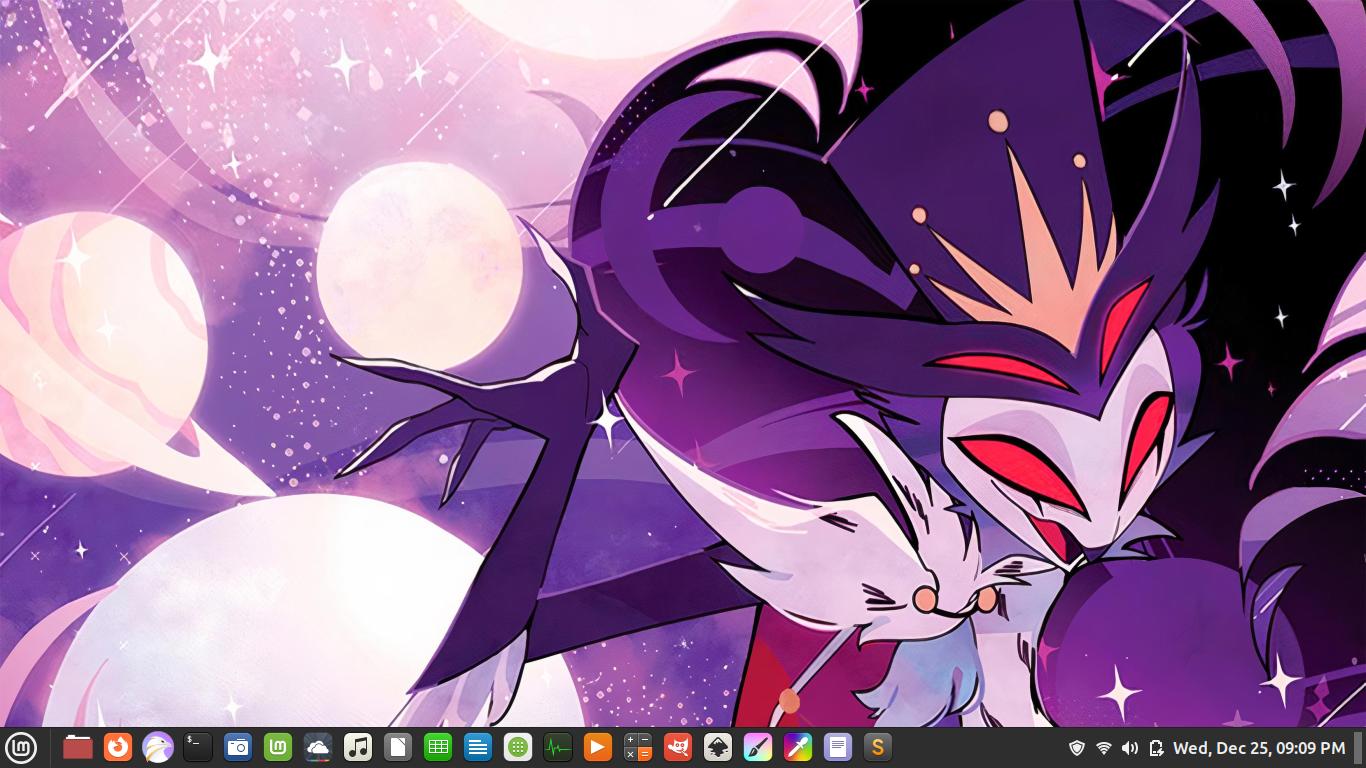this post was submitted on 26 Dec 2024
203 points (92.5% liked)
Linux
49166 readers
648 users here now
From Wikipedia, the free encyclopedia
Linux is a family of open source Unix-like operating systems based on the Linux kernel, an operating system kernel first released on September 17, 1991 by Linus Torvalds. Linux is typically packaged in a Linux distribution (or distro for short).
Distributions include the Linux kernel and supporting system software and libraries, many of which are provided by the GNU Project. Many Linux distributions use the word "Linux" in their name, but the Free Software Foundation uses the name GNU/Linux to emphasize the importance of GNU software, causing some controversy.
Rules
- Posts must be relevant to operating systems running the Linux kernel. GNU/Linux or otherwise.
- No misinformation
- No NSFW content
- No hate speech, bigotry, etc
Related Communities
Community icon by Alpár-Etele Méder, licensed under CC BY 3.0
founded 5 years ago
MODERATORS
you are viewing a single comment's thread
view the rest of the comments
view the rest of the comments

To me it's like the old saying from Win9x days "Help, I've deleted the internet". Removing an Internet Explorer shortcut from the desktop might be easier than nuking a Linux installation, but I think if the point is to be of service to absolute tech-illiterates then you need to be ready for anything, any edge case. And like you say, if Flatpaks and all that just work then what would be the downside of immutability?
I mean in theory one can make deep-rooted changes to macOS, but I haven't once seen it fail to upgrade successfully. And I definitely wouldn't consider Windows immutable with how many things can go wrong in practice. I've had more than a few customers who lost wifi drivers through no fault of their own, in one case the entire device wasn't visible anymore, so reinstalling a driver wouldn't have done anything, all I could do was roll back the feature update and ensure it won't install it again. In that sense, immutable Linux might even be the best offering out there today. The only thing it lacks (besides Android and SteamOS) is a multi-billion dollar company backing it for wider desktop adoption.